UN envoy urges Security Council action to prevent civil war in Myanmar
The United Nations (UN) special envoy for Myanmar has urged the UN Security Council to take immediate action to prevent the further escalation of the crisis in the Southeast Asian country, warning of the risk of civil war as the military junta continues its brutal crackdown on protesters.
“I appeal to this council to consider all available tools to take collective action and do what is right, what the people of Myanmar deserve and prevent a multidimensional catastrophe,” Christine Schraner Burgener said during an emergency Security Council meeting on Myanmar on Wednesday.
Burgener said she was open to dialog with the military leaders in Myanmar.
However, she said, “If we wait only for when they are ready to talk, the ground situation will only worsen. A bloodbath is imminent.”
The closed-door meeting on Wednesday was held after Myanmar’s junta ramped up its use of lethal force against unarmed civilians over the weekend. It had been called by Britain.
At least 521 civilians have so far been killed in two months of protests against the military’s February 1 coup, which ousted de facto leader Aung San Suu Kyi, 141 of them on Saturday.
Elsewhere in her remarks, Burgener said Myanmar faced a high risk of civil war and disintegration into a failed state.
“The military’s cruelty is too severe and many (groups) are taking clear stances of opposition, increasing the possibility of civil war at an unprecedented scale,” Burgener said.
“Failure to prevent further escalation of atrocities will cost the world so much more in the longer term than investing now in prevention, especially by Myanmar’s neighbors and the wider region,” she said.
A number of Myanmar’s nearly 20 armed militant groups that control large areas of territory mostly in border regions have already threatened to retaliate against the junta’s violent response to nationwide protests.
Three of them — the Ta’ang National Liberation Army (TNLA), the Myanmar Nationalities Democratic Alliance Army, and the Arakan Army (AA) — on Tuesday pledged to join the uprising by protesters.
The Karen National Union (KNU), which is one of the largest armed groups that operate along the eastern border with Thailand, seized an army base in Kayin State over the weekend, prompting the military to respond with airstrikes, which resulted in the fleeing of nearly 3,000 villagers to Thailand.
The incident has raised fears of a return to armed conflict in the ethnically diverse nation.
Meanwhile, Barbara Woodward, the permanent representative of the United Kingdom to the UN, told reporters that the Security Council was “united in its condemnation” of the violence in Myanmar and was discussing “a range of measures” at its disposal.
But China’s Ambassador to the UN Zhang Jun ruled out sanctions, saying, “One-sided pressure and calling for sanctions or other coercive measures will only aggravate tension and confrontation and further complicate the situation, which is by no means constructive.”
Zhang further said he wanted Myanmar to “restore peace, stability, and constitutional order as early as possible and continue to steadily advance democratic transition.”
The latest development comes as Suu Kyi’s legal team said earlier in the day that the ousted leader appeared to be in good health despite two months of detention.
Junta’s opponents seek support of ethnic allies
Separately on Wednesday, a group of ousted lawmakers from Suu Kyi’s National League for Democracy (NLD), who have been working underground against the junta, said they would form “a new civilian government” in the first week of April, without giving further details.
They declared the country’s 2008 constitution void and put forward an interim replacement charter in a major political challenge to the ruling junta.
The Committee Representing Pyidaungsu Hluttaw (CRPH), the national parliament, made the announcements on social media.
The moves, while more symbolic than practical, could help attract the country’s armed ethnic militias to ally themselves with the mass protest movement against the military’s seizure of power in February.
The 2008 constitution, implemented under army rule, ensured that the military maintained its dominance during the country’s decade of progress toward democracy, including by reserving it a quarter of the seats in parliament and the responsibility for state security.
The junta cites the emergency provisions in the charter as giving its recent coup constitutional legitimacy.
Earlier in the day, Myanmar’s junta announced it was implementing a unilateral one-month ceasefire, but made an exception for actions that disrupt the government’s security and administrative operations.
The ceasefire announcement came after a flurry of combat with at least two armed ethnic minority organizations in the country.
VIDEO | Farmers in Venezuela protest Maduro's detention, call for his release
Iran dismantles terrorist cell behind armed attack in Tehran
Palestinian abductees endure systematic slow-kill strategy in Israeli jails: Analyst
VIDEO | Spanish activist shares account of Israeli violations against Palestinians
US-funded hepatitis B study in West Africa sparks ethical concerns
Chinese, South African naval commanders visit Iranian task group in Cape Town
Iran condemns G7 hypocrisy on human rights following interventionist statement
VIDEO | US, Israel role in terror attacks in Iran


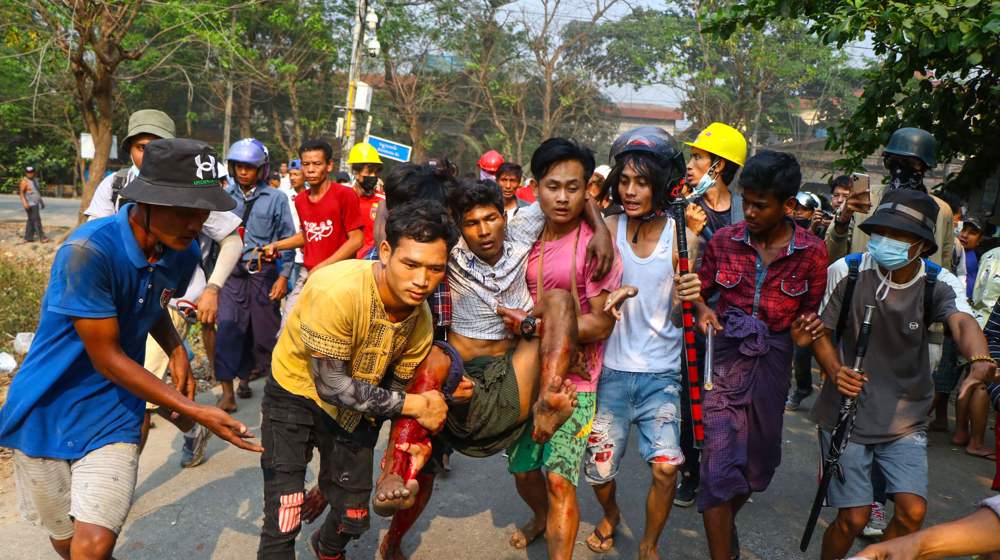

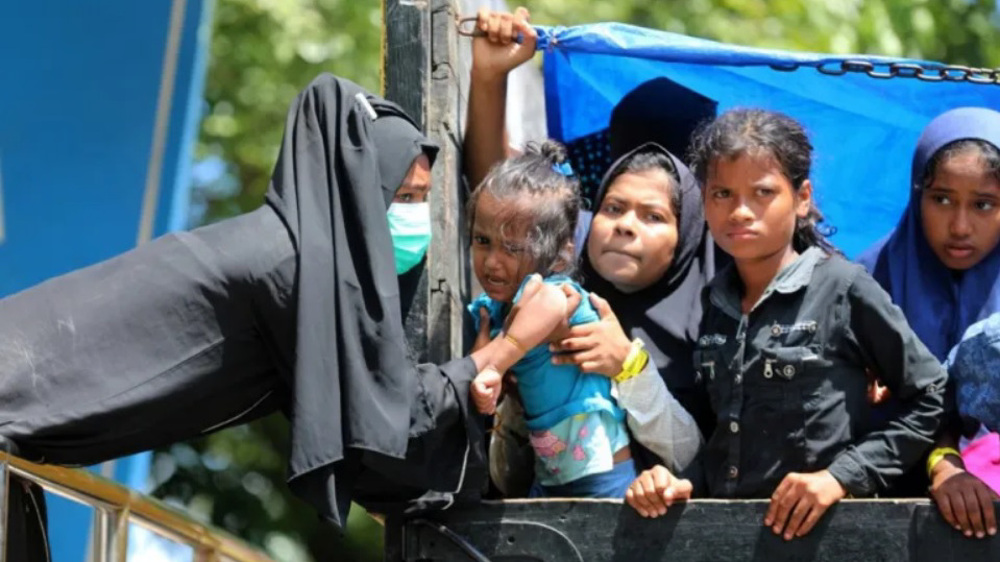
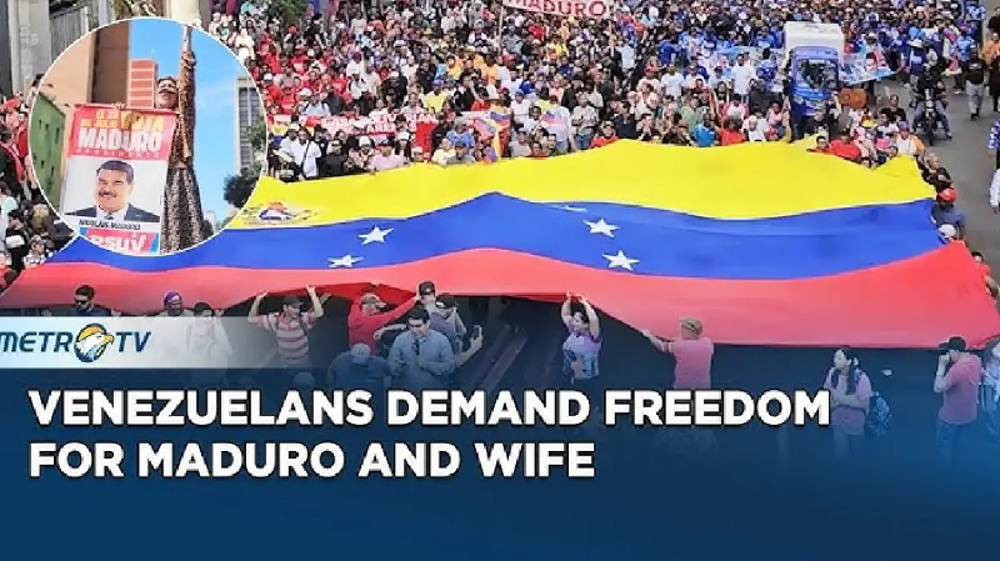



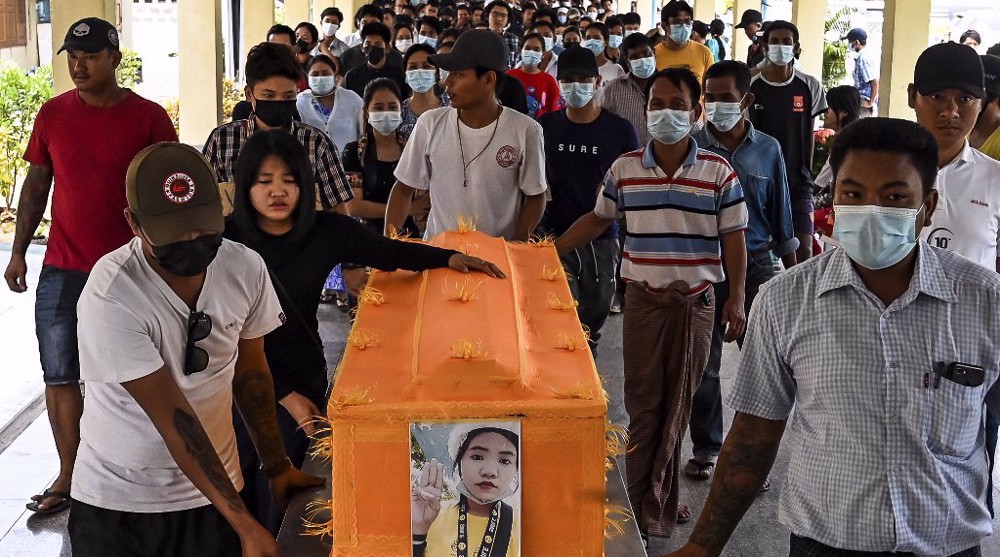
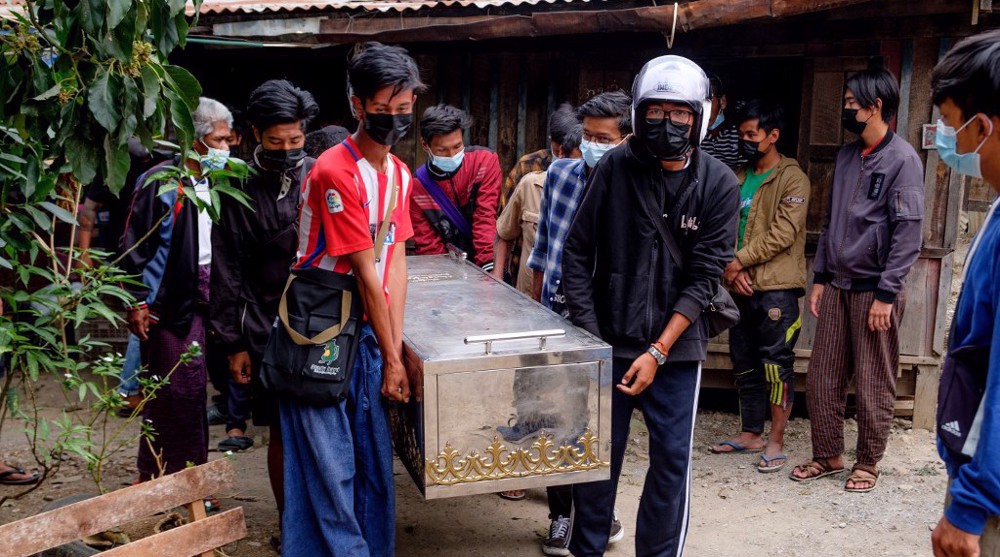
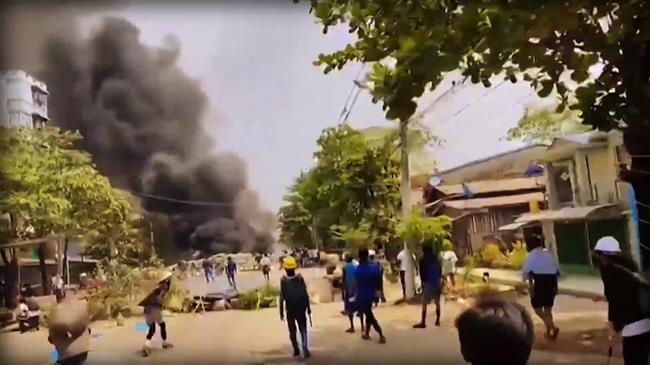
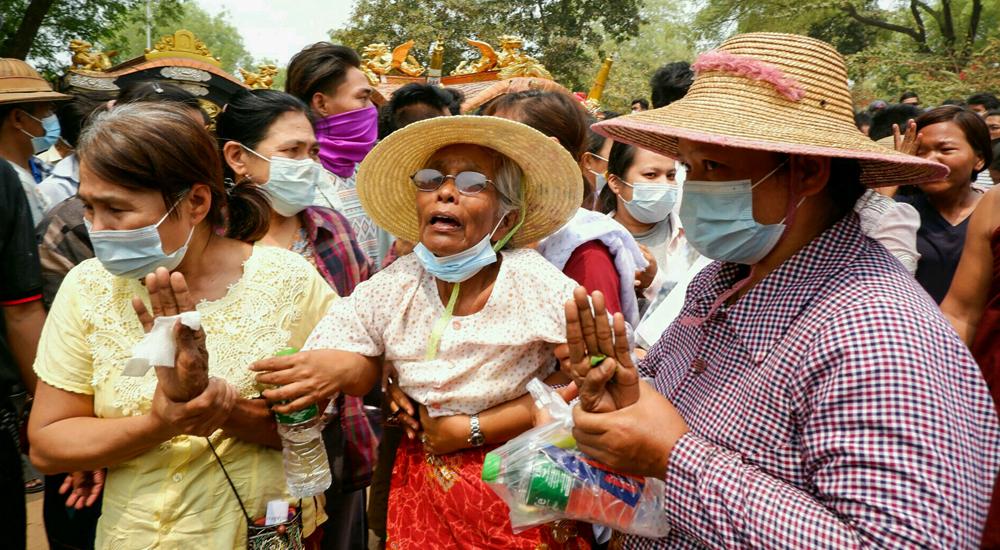

 This makes it easy to access the Press TV website
This makes it easy to access the Press TV website